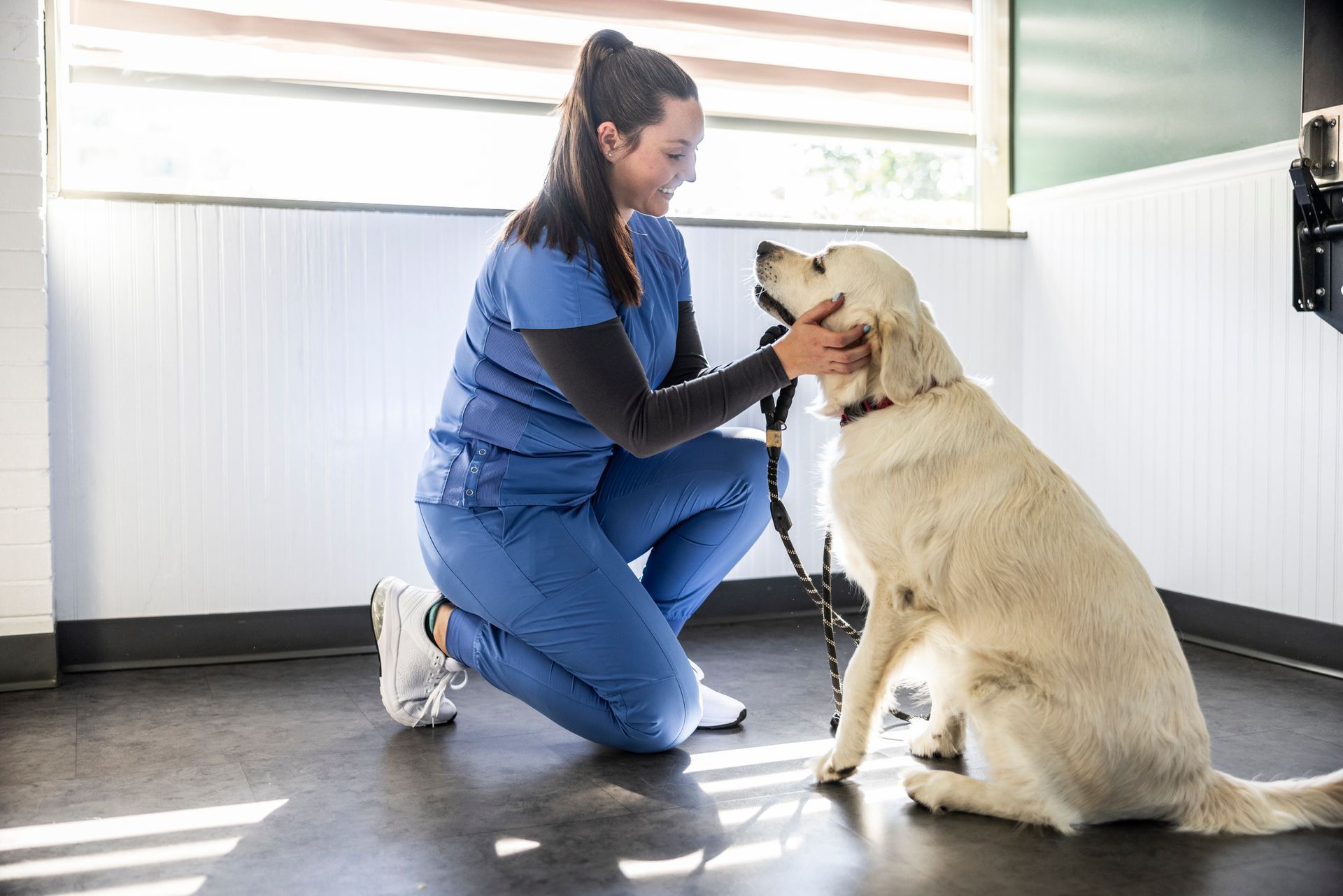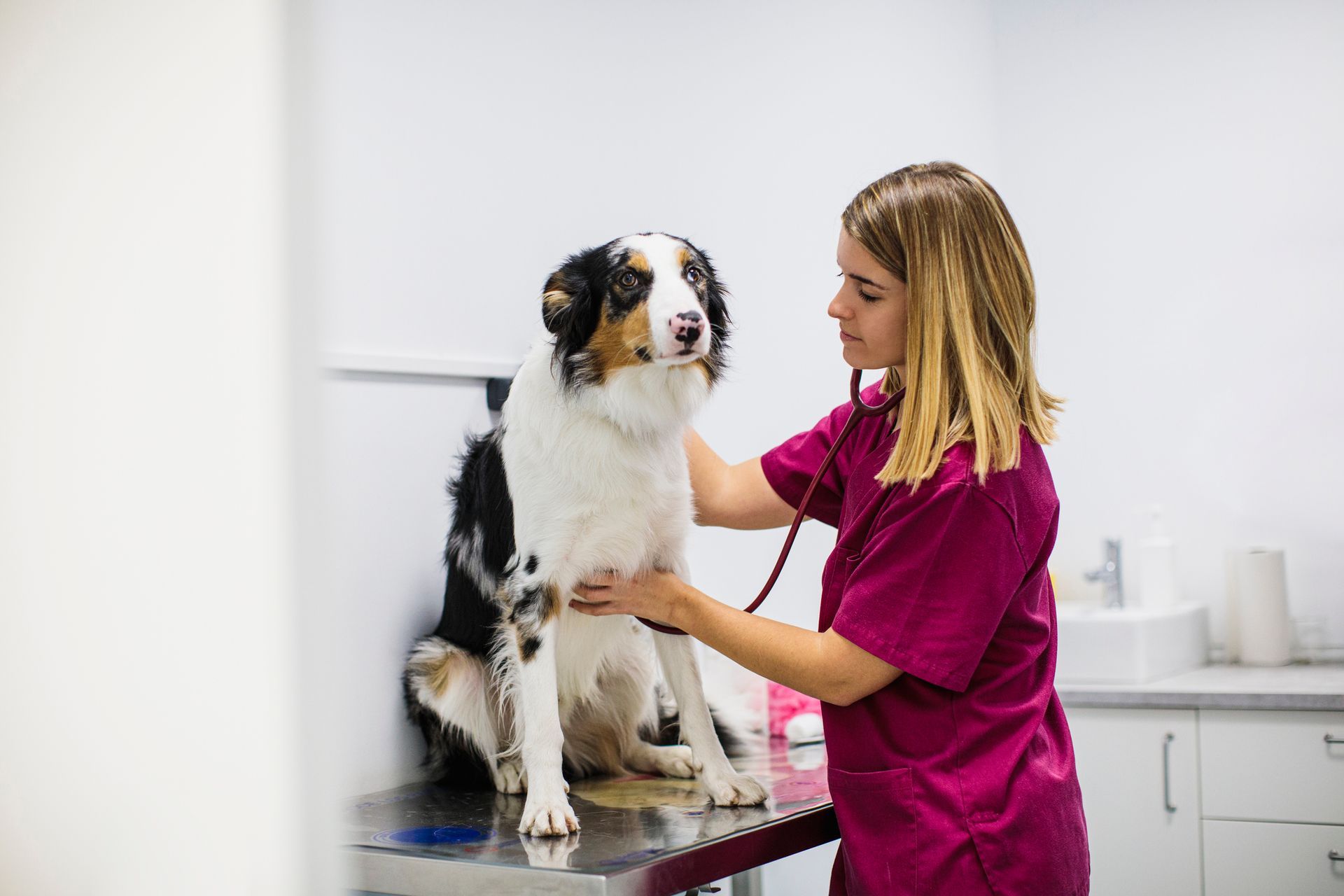Recognizing the Symptoms of Heart Problems in Your Dog

As a dog owner, your furry friend's health is undoubtedly a top priority, and understanding potential signs of heart problems can be crucial to their well-being. Heart issues in dogs can manifest in various ways, and being aware of the symptoms will enable you to seek timely veterinary care, so your pet has the best chance of maintaining a healthy and happy life.
Understanding Canine Heart Disease
Heart disease in dogs can be caused by a variety of conditions. These include congenital heart defects, age-related degeneration, or even infections that affect the heart and its functions. While some breeds may be predisposed to heart issues, it is essential for all dog owners to recognize the signs regardless of breed or age.
Common Symptoms to Watch For
One of the most significant symptoms of heart problems in dogs is persistent coughing, especially at night or after exercising. This coughing may be accompanied by wheezing, which suggests fluid build-up in the lungs, a common issue with heart disease. Additionally, be attentive to any difficulties your dog has when breathing, as labored breathing or excessive panting even when at rest could be indicative of a cardiac issue.
Reduced Energy and Fatigue
Dogs suffering from heart problems often exhibit a noticeable decrease in energy and stamina. You might observe that your dog tires easily during activities they once enjoyed or appears lethargic and unwilling to engage in physical exertion. These changes in behavior can be subtle, so it's crucial to monitor any shifts in your dog's typical energy levels.
Appetite Changes and Weight Loss
Heart problems can lead to changes in food consumption. If your dog is eating less than usual or showing a decreased interest in their food, this could be a red flag. Moreover, sudden or unexplained weight loss is another symptom that warrants a visit to the vet for an evaluation of your dog's heart health.
Swelling and Bloating
Another symptom to be vigilant about is swelling, particularly in the abdomen, legs, or both. This swelling, known as edema, occurs when the body retains excess fluid, often due to various underlying health conditions, and is frequently linked to heart failure. Edema can manifest differently in various areas; for instance, in the legs, it may appear as puffiness or a tight feeling in the skin, while abdominal swelling may lead to discomfort or a sensation of fullness. Additionally, abdominal bloating might also be noticeable and should not be ignored, as it can be a sign of advanced heart disease.
Taking Your Dog to an Emergency Pet Hospital
In situations where your dog experiences acute symptoms of heart problems, such as sudden collapse, difficulty breathing, or unresponsiveness, seeking immediate care at an emergency pet hospital is necessary. Before heading to the hospital, call ahead to inform them of your dog's condition, as this allows the staff to prepare for your arrival and provide advice on how to stabilize your pet during transit, if necessary. During the visit, the veterinary team will quickly assess your dog's condition, conduct diagnostic tests, and initiate treatment to stabilize their cardiovascular system. They will work to address urgent symptoms and may administer medications or oxygen therapy as needed. It's crucial to remain calm and provide the veterinary staff with as much information as possible regarding your dog's health history and recent symptoms, aiding in delivering prompt and effective care.
Being informed and vigilant about the signs of heart disease in dogs is essential for every pet owner. By recognizing the symptoms and seeking prompt emergency veterinary assistance, you can help ensure that your beloved pet receives the care they need. Always remember that your veterinarian is your partner in maintaining your dog's health, and regular check-ups are a proactive way to monitor and support your pet’s heart health.
Contact us today to learn more.










